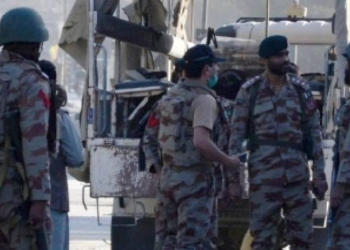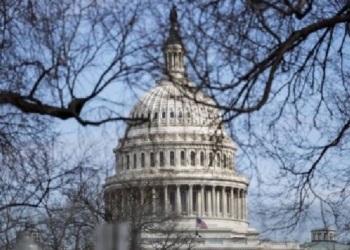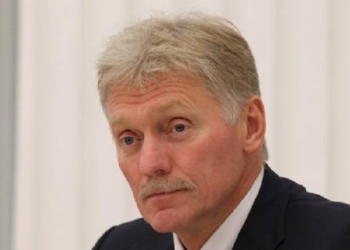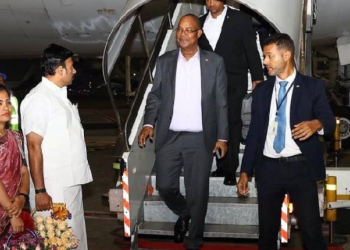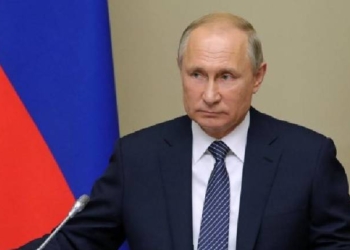New Delhi: Hamas’s cautious acceptance of United States President Donald Trump’s proposal for a solution may have cracked open a diplomatic door long sealed by warfare and mistrust. This was perhaps the window that the countries mediating a ceasefire in Gaza were waiting for.
Negotiators from Egypt, Qatar, Turkey, and the United States can now be expected to shuttle between Hamas officials (mainly perhaps) in Doha and Jerusalem to iron out a ceasefire implementation.
Under Trump’s 20-point blueprint, an immediate ceasefire would accompany the release of living hostages, followed by the return of remains of those deceased, in exchange for hundreds of Palestinians held by Israel in detention facilities outside Gaza.
While Hamas has accepted elements such as the release of hostages and the handover of Gaza’s administration, it has reportedly rejected disarmament demands and any permanent surrender of arms.
According to information available, an official statement — released through the group’s Telegram channel — has confirmed readiness to release all Israeli hostages, and bodies of those deceased. It has also abided by handing over the administration of the Gaza Strip to a technocratic Palestinian body supported by Arab and Islamic states. However, the group is said to have refused to lay down its weapons or disarm unconditionally, or allow foreign forces to oversee Gaza, or remove Hamas fighters from Palestinian territory.
These caveats underscore Hamas’s insistence on maintaining its role as a political and military actor in Gaza. Thus, negotiators will also need to grapple with the question of Gaza’s governance.
Trump’s plan envisages a technocratic, apolitical Palestinian committee to run the Strip under an international oversight board chaired by the US. Hamas, say reports, insists on a purely Palestinian administration endorsed by national consensus and backed by Arab and Islamic states.
But Israel’s Prime Minister Benjamin Netanyahu has repeatedly and unequivocally ruled out the establishment of a Palestinian state west of the Jordan River, which he reiterated in his recent address at the United Nations General Assembly (UNGA) in New York.
Both he and Trump have condemned nations granting recognition to a Palestinian state, saying that the recognition of Palestine as a state without going down strongly on the Hamas organisation serves as a reward for it.
Even as the leaders were delivering their respective statements at the UNGA, 156 of the 193 UN member-countries had officially recognised the state of Palestine.
Meanwhile, legislative elections are scheduled to be held in Israel by October 2026, where Netanyahu’s governing coalition includes far-right parties that stand rigidly against any concessions toward a “two-state solution”.
In fact, some of his cabinet members have demanded the full annexation of the West Bank, making any move toward a sovereign Palestinian state politically untenable for Netanyahu. Disagreements over such and other issues remain the primary objective in the path to a comprehensive peace.
Yet, when the ground reality in Gaza remains grim, this moment of conditional optimism offers a fleeting chance to return from destruction to reconstruction.
(IANS)





